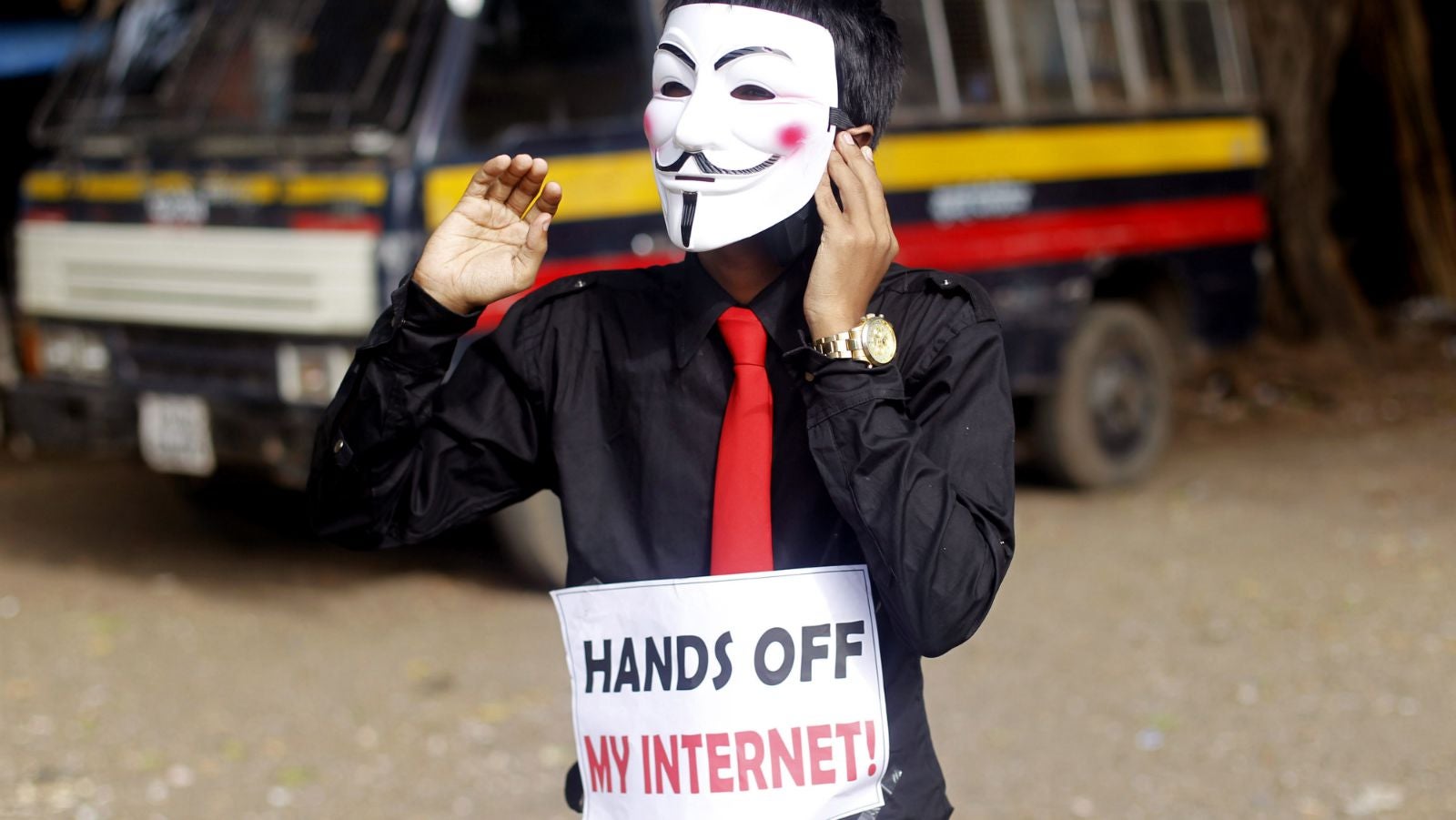A threat from ISIL prompted India to block Github and 31 other sites
The Indian government has blocked a clutch of websites—including Github, the ubiquitous platform that software writers use for sharing and working on open-source code—because they were carrying “anti-India” content from ISIL (a.k.a. Islamic State or ISIS).


The Indian government has blocked a clutch of websites—including Github, the ubiquitous platform that software writers use for sharing and working on open-source code—because they were carrying “anti-India” content from ISIL (a.k.a. Islamic State or ISIS).
According to documents reviewed by Quartz, the decision to ban the websites had been in the works for more than a month.
The video site Vimeo, text repository Pastebin.com, and web-hosting provider Weebly are among the other sites that appear to have been affected.
While Quartz hasn’t been able to verify the authenticity of the specific document in the tweet above (we have been able to verify others), almost every website on the list was unavailable early afternoon (local time) via at least two internet service providers.
And we weren’t the only ones to notice.
The government order doing the rounds on Twitter, if authentic, is dated Dec. 17.
Terror threat
The websites were blocked because they were allegedly carrying anti-India content and on the advice of India’s anti-terrorism squad, according to Arvind Gupta, the national head of the information technology cell at the Bharatiya Janata Party.
Gupta clarified that he was speaking as a party representative.
The head of the Indian government’s department of electronics and information technology was not available for comment.
Earlier this month, India’s security agencies went into a tizzy after UK’s Channel 4 News revealed that a prominent ISIL Twitter handle was based out of Bangalore. The authorities moved swiftly to arrest a 24-year-old engineer, Mehdi Masroor Biswas, who had been operating the Twitter account since 2009.
Multiple sites
Pastebin.com—a text storage service—has been complaining since Dec. 19 that its site is inaccessible in India.
As has Internet Archive, a non-profit digital library.
Any difficulties in accessing Github are sure to be painful for India’s vast army of software developers, who power one of the bright spots of Indian’s struggling economy.
In a testament to Github’s importance, even China’s powerful censors were forced to unblock the site due to its importance for workers in the country’s tech industry.
But India isn’t alone—Russia also banned Github earlier this month.